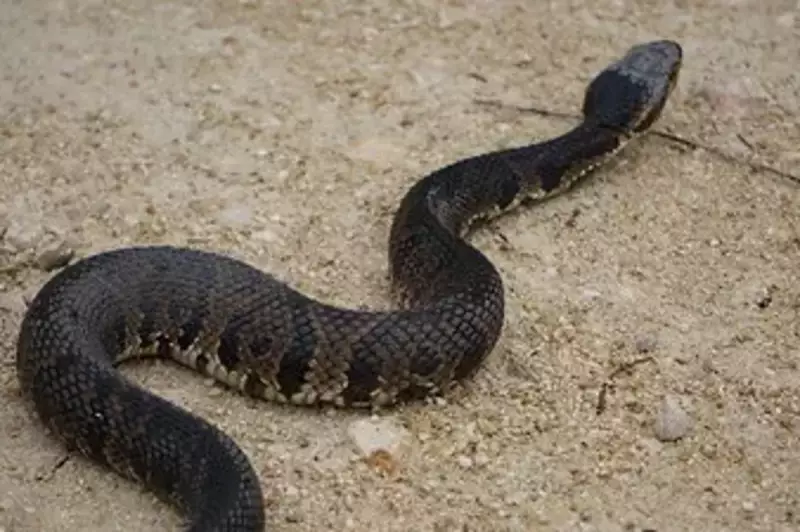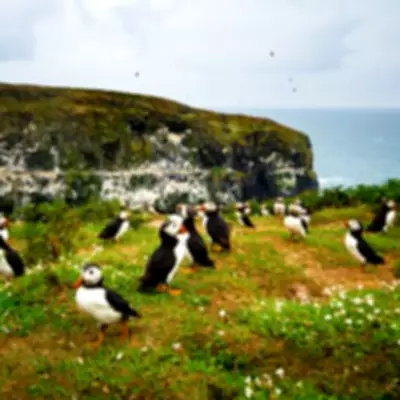
Florida wildlife authorities have issued an urgent safety alert after a massive congregation of venomous cottonmouth snakes was discovered swarming a popular park in the Panhandle region, forcing temporary closures and raising alarm among local residents.
Snake Invasion Forces Park Closure
Visitors to the Waterfront Park in the city of Milton were met with a startling sight this week as dozens of the highly venomous reptiles were spotted gathering in unprecedented numbers. The situation became so concerning that local officials were compelled to close sections of the park to protect public safety.
City officials confirmed the presence of "a congregation of cottonmouth snakes" in the park, describing the situation as unusual and potentially dangerous for unsuspecting visitors.
Understanding the Cottonmouth Threat
Cottonmouths, also known as water moccasins, are among Florida's most dangerous venomous snakes. They're easily identifiable by their distinctive white mouths, which they display when threatened. These semi-aquatic predators typically inhabit wetland areas but have been increasingly venturing into public spaces.
Key characteristics of cottonmouth snakes:
- Potent hemotoxic venom that can cause severe tissue damage
- Aggressive defensive behaviour when threatened
- Excellent swimming capabilities
- Distinctive triangular heads and thick bodies
Expert Advice for Snake Encounters
Wildlife experts are urging Florida residents and visitors to exercise extreme caution in areas where cottonmouths might be present. "The best approach is to maintain a safe distance and never attempt to handle or provoke these snakes," advised one local wildlife official.
Residents living near wetland areas or parks should remain vigilant, especially during warmer months when snake activity increases. Officials recommend keeping pets on leashes and supervising children closely in areas known to harbour venomous snakes.
Ongoing Monitoring and Public Safety
Local authorities have implemented increased monitoring of the affected areas and are working with wildlife experts to assess the situation. While the park has partially reopened, warning signs have been posted in areas where snake activity remains high.
The incident has sparked broader conversations about human-wildlife coexistence in Florida's rapidly developing regions, where urban expansion increasingly overlaps with natural snake habitats.





